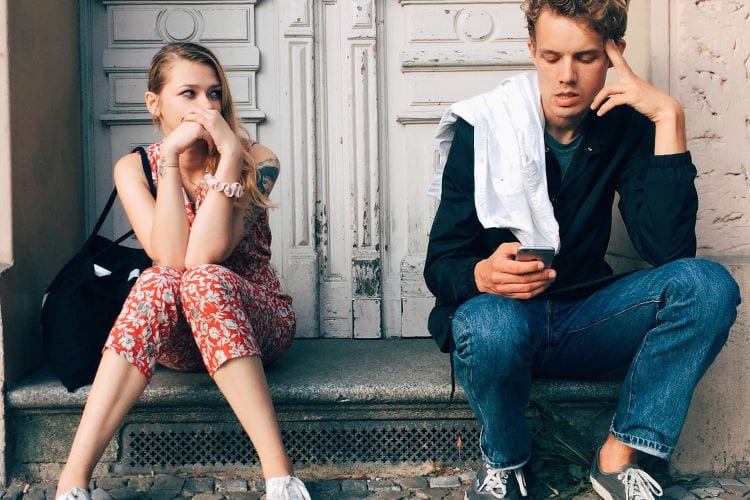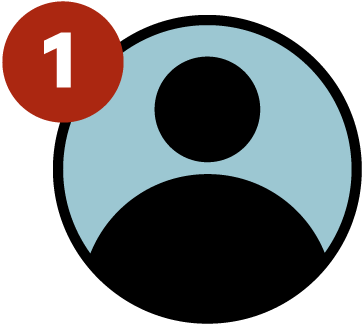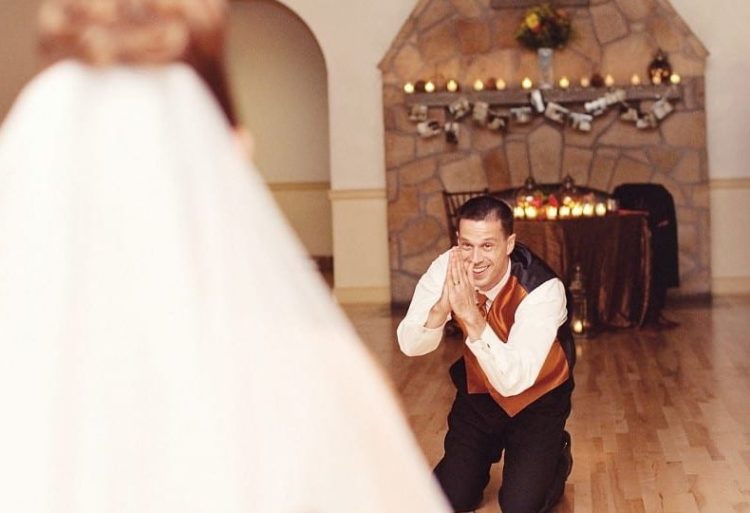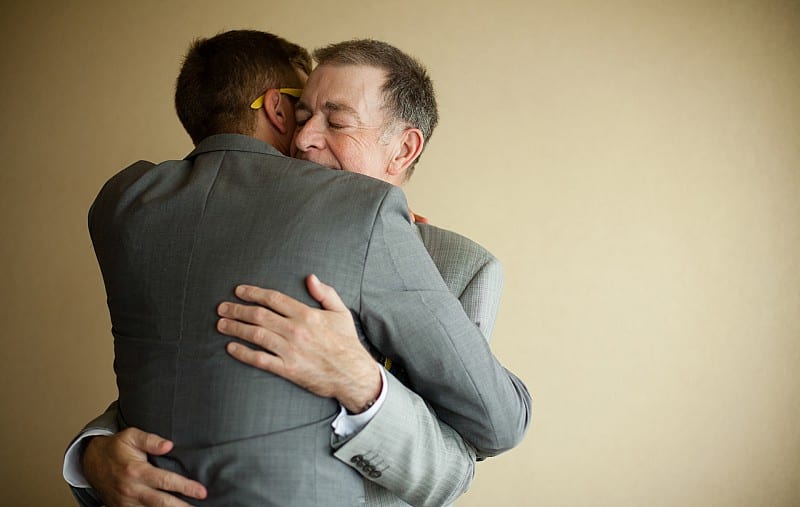
The rules of dating have changed so much in the last 20 years that it’s questionable whether “dating” itself even exists anymore. Younger people today practice “casual dating,” blurring the lines between conducting a relationship and merely hooking up.
Hooking Up is Easy
Most dates now are arranged online. We often know where we’re going, what we’re eating, and who’s place we’re going back to afterwards. Apps like Tinder, Hinge, and Bumble expedites this whole process without the growing pains associated with actually kindling a relationship. And even if we meet in person, who says we have to date? For those who grew up in an era without smartphones, this might be seen as deplorable, yet for modern lovers, it’s simply the norm.
Going Steady is Hard
But is it a healthy habit? According to an October 2019 study, it’s not; this norm may actually affect your long-term dating behavior for the worse.
Researchers Dean Busby, Brian Willoughby, and Melissa McDonald explored the impact of three different types of past casual relationships – “sexual relationships, romantic relationships, and cohabiting relationships”– and examined how they affected participants in later relationships.
The results, published on the Couple and Family Psychology: Research and Practice, website were were not positive. In terms of “commitment, attitudes, sexual satisfaction, and stability,” all three types of casual dating shared a negative impact on future relationships, with those who engaged in various forms of casual dating reported lower levels of satisfaction and less motivation to stay committed in their current relationships.
“With a sample of more than 4,000 individuals we found that there was a significantly negative shared influence for previous romantic, sexual, and cohabiting relationships on current relationship attitudes, sexual satisfaction, commitment, and stability,” researchers said.
Results also found young people are more likely to describe dating by terms like “hooking up” or “hanging out,” explaining that there is a difference in perceptions and expectations between traditional dating and keeping things casual.
“It appears that on average the positive lessons that are learned from previous relationship experiences are likely being overwhelmed by the negative carryover, especially in regard to relationship attitudes and relationship stability,” researchers said.
Friends with Benefits Come with Risks
While having a relationship with no strings attached can have its perks, it’s less realistic and less safe. Busby et. al (2109) also cites findings from a similar 2014 study documenting both the increasing rates of casual dating and increased sexual violence against women on college campuses. Wegner et. al (2014) found women were twice as likely to be sexually assaulted on a casual date than by a stranger, citing a link between casual dating and sexual aggression.
“Most adolescents and young adults receive little information about healthy sexual relationships and do not realize that they are more likely to have a satisfying sexual relationship if they take their partners needs into account, rather than only focusing on themselves,” Wegner et. al said.
It’s not news that casual and traditional dating are different. Casual dating indeed has its immediate physical benefits, its novelty, but it also fails to provide the emotional benefits one could only get from building a connection with another person. As technology continues to provide new frictionless ways of asking each other out, we have a choice: make a conscious effort to seek an emotional connection within others or order our partners online like packages from on Amazon. Shipping charges may apply.

















